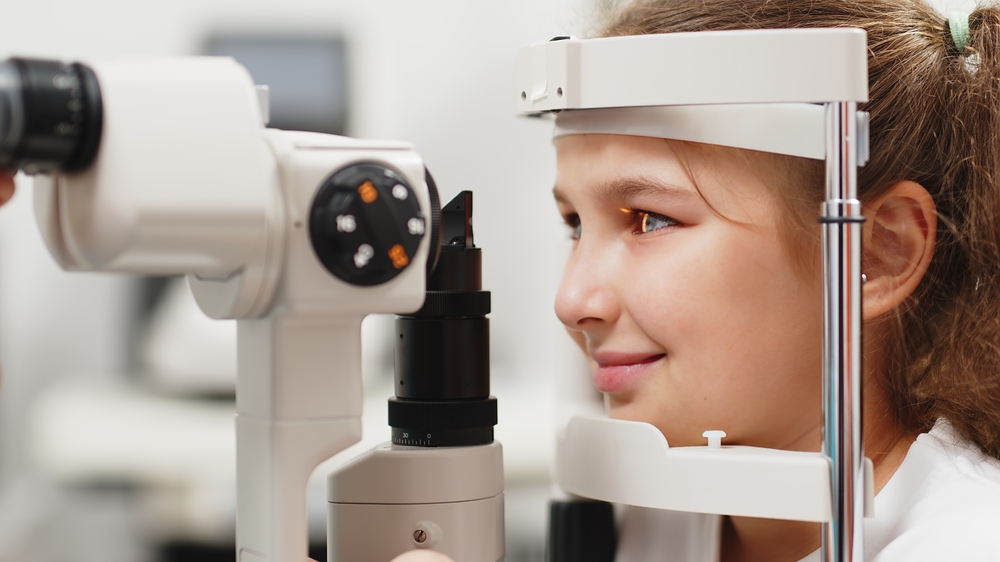Do Children Need Eye Exams Even If They Don’t Show Vision Problems?

Do Children Need Eye Exams Even If They Don’t Show Vision Problems?
It’s a common misconception among parents that if a child isn’t complaining about their vision, their eyes must be healthy. However, many childhood vision issues can develop gradually and without obvious symptoms. Because children don’t always know what “normal” vision should look like, they may not recognize when something is wrong.
The Hidden Nature of Vision Issues
Children are remarkably adaptable. If they have a vision issue in one eye, for example, the other eye might compensate. If they have trouble focusing up close or seeing far away, they may not speak up because they think it’s normal. These undetected issues can impact everything from academic performance and behavior to physical coordination and self-esteem. In fact, studies show that 1 in 4 school-aged children has a vision problem that could affect learning and development.
Basic Vision Screenings Fall Short
Many parents rely on basic vision screenings to detect vision problems. While helpful, these screenings are not comprehensive. They often only assess distance vision and miss conditions like:
• Refractive errors
• Eye teaming and tracking issues
• Astigmatism
• Binocular vision dysfunction
• Lazy eye (amblyopia)
Only a comprehensive eye exam by an optometrist can detect these types of concerns early.
The Role of Pediatric Eye Exams
A comprehensive pediatric eye exam, performed by an optometrist, goes beyond a simple vision check. It evaluates the overall health of the eyes and assesses how well they work together. The exam includes:
• Visual acuity testing (near and far)
• Eye alignment and tracking tests
• Depth perception evaluation
• Color vision screening
• A thorough check for eye diseases or developmental issues
Only a comprehensive eye exam by an optometrist can detect these types of concerns early.
Early Detection Supports Lifelong Eye Health
Children’s eyes are still developing, and early detection of issues allows for timely intervention - whether through corrective lenses, myopia management, or lifestyle changes. Catching problems early can also prevent conditions from worsening and help avoid learning difficulties linked to uncorrected vision problems.
The American Optometric Association recommends that children have their first eye exam around 6 to 12 months old, another at age 3, and again before starting school. After that, annual exams are key to tracking vision development and addressing any changes.
Make Eye Health a Priority for Your Child
Even if your child isn’t showing symptoms, regular eye exams are a proactive step to protect their vision and set them up for success in school and beyond. We specialize in pediatric eye care and are committed to providing comprehensive exams in a comfortable, family-friendly environment.
Schedule a pediatric eye exam at Texas State Optical Seguin and give your child clear vision they need to thrive. Visit our office in Seguin, Texas, or call (830) 310-6198 to book an appointment today.


